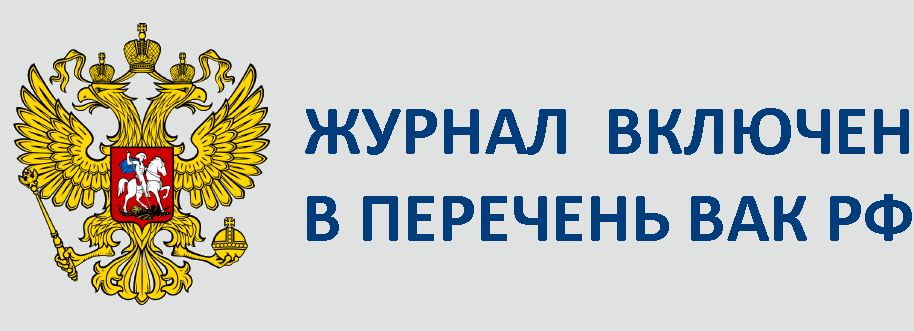№3-2024-02
DOI: 10.22281/2413-9912-2024-08-03-13-19
Blumenau S.F.
THE SOVIET HISTORIOGRAPHY OF THE SOLDIER UNREST IN THE FIRST PERIOD OF THE FRENCH REVOLUTION
The issue of discontent among the rank and file and non-commissioned officers of the French Army in the first period of the Revolution and the unrest caused by it in 17891791 has been relatively rarely mentioned in historical works since1917. Soviet historiography usually turned to the traditional forces of social protest in 18th century France: to the movements of the most massive part of the society — the peasantry – and to the socio-politically active urban plebeians. The army, which was under the control of mainly conservative and often downright reactionary generals and officers, was seen more as an agent of suppressing popular uprisings than as a weapon in the fight against outdated orders. Yet, the question of soldier unrest during this period and especially the Nancy Mutiny in 1790 was explored in the Soviet period. Nevertheless, around these events many mythologies arose and they have not been dispelled to this day. A glance at the Soviethis historiography of this issue should be the first step towards a special and in-depth study of the soldier riots in France in the initial period of the Revolution.
Keywords: Soviet historiography, the first period of the French Revolution, Constituent Assembly, soldier unrest, Nancy Mutiny in 1790, local garrison, Châteauvieux regiment, marquis de Bouillé
Academician I.G. Petrovskii Bryansk State University (Russia)
Это произведение доступно по лицензии Creative Commons «Attribution-ShareAlike» («Атрибуция — На тех же условиях») 4.0 Всемирная






